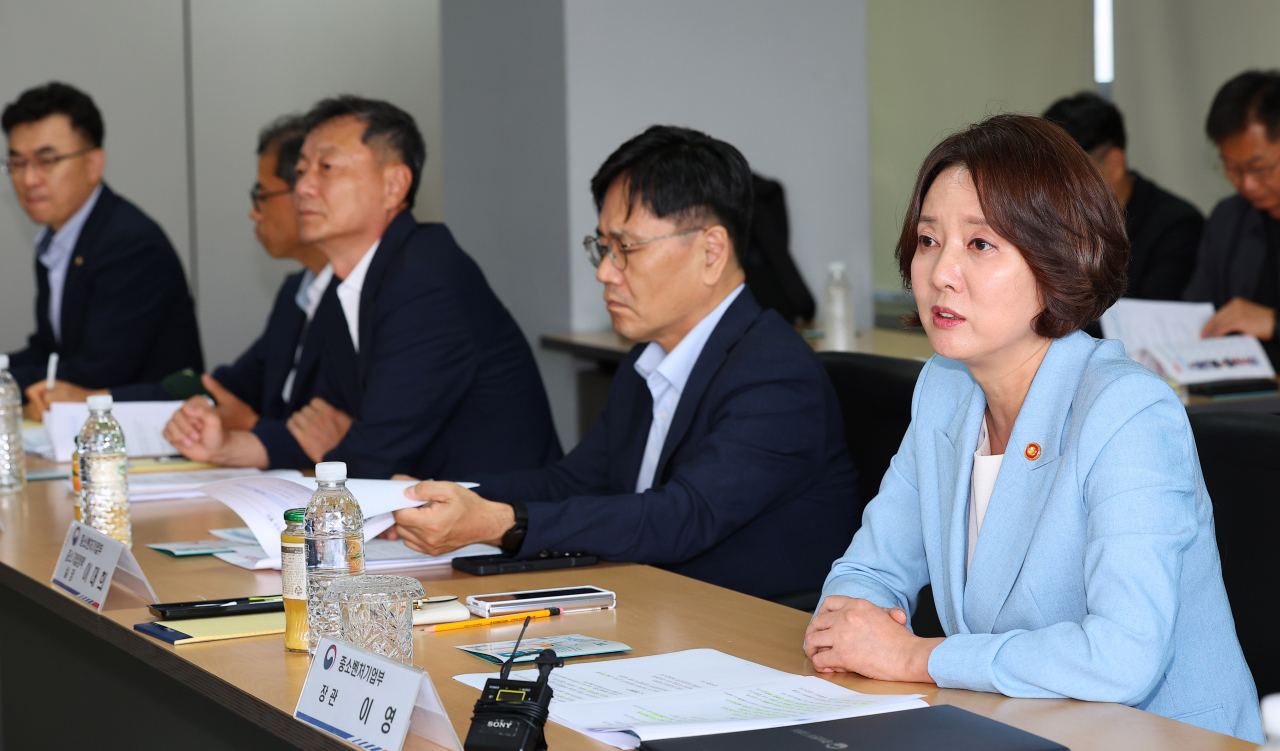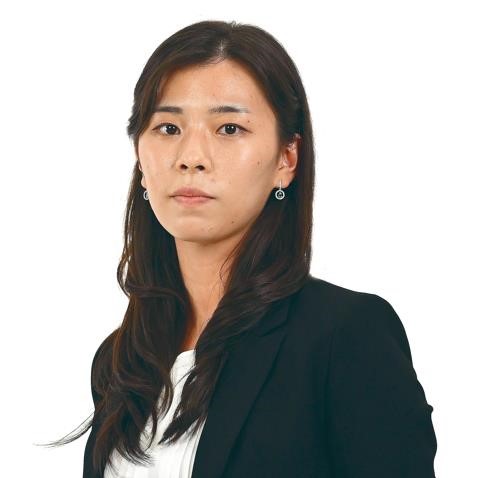S. Korea mandates flexible pricing in supply deals to protect SMEs
By Lee Yoon-seoPublished : Oct. 4, 2023 - 19:16

Incorporation of the price adjustment clause, or PAC, in consignment production contracts made between suppliers and subcontractors were mandated starting Wednesday for the first time in South Korea.
The PAC, which requires suppliers to adjust the price of materials they provide to subcontractors in accordance with variations in raw material costs, aims to alleviate subcontractors' losses under the current fixed-price contract system.
Under the current system, small and medium-sized consignment companies suffered losses due to surges in raw material costs and consequent surges in production fees.
Starting Wednesday, suppliers must now hold price adjustment consultations with their subcontractors every time they sign or renew consignment contracts and reflect the fluctuations of raw material costs on the supplies they provide to consignment producers.
After reaching a mutual agreement via consultation, a supplier must issue its contractor a document with details of the price adjustments, such as the specific raw materials used in the supplied goods and the standard price indicators of raw materials used to adjust the supplied goods' prices.
If a supplier fails to enumerate the required specifications in the document, it may be fined 10 million won ($7,348). In addition, if a supplier fails to reflect the changed value of raw materials on its supplies to a subcontractor altogether, the supplier can be subjected to up to 50 million won in fines.
However, if the contractor is a small business, and if the contractor is signing consignment contracts worth less than 100 million won or short-term contracts with a consignment production period of less than 90 days, the contractor will be exempted from PAC requirements.
According to the Ministry of SMEs and Startups, it will hold a trial period for PAC implementation until the end of 2023. During the trial period, the ministry said it will not hold ex officio investigations for PAC violations, to encourage contractors to voluntarily carry out PAC requirements.
Regarding concerns raised that suppliers could take advantage of PAC loopholes by forcing subcontractors to reach an unfair agreement, or splitting high-value consignment contracts into smaller contracts worth less than 100 million won each, the Ministry of SMEs said it will open and operate an anonymous call center for subcontractors to freely report such cases.
According to the SMEs Ministry, a total of 6,533 companies voluntarily applied the PAC in contracts ahead of Wednesday. Of the companies, 327 were suppliers and 6,206 were consignment production companies.
"I am thrilled to be able to actualize the 15-year cherished desire of the small and medium-sized business community," said Lee Young, minister of SMEs and Startups.
"As the primary goal of having the legalized clause actually take effect on the ground has been achieved, I hope the PAC can continue to make miraculous changes in the field without any blind spots," Lee said.



















![[Today’s K-pop] Treasure to publish magazine for debut anniversary](http://res.heraldm.com/phpwas/restmb_idxmake.php?idx=642&simg=/content/image/2024/07/26/20240726050551_0.jpg&u=)